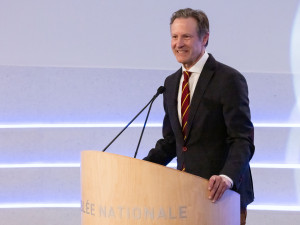
Women, Homelessness and Mental Health: How Parise is Reclaiming Her Life
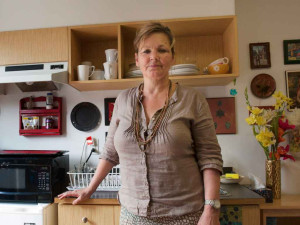
At 43, Parise is ready for a change. After earning a good living as a legal assistant in some of Montreal’s most respected law offices for the last 20 years, she’s planning to embark on a new career.
“I’d like to do something creative, but also something that gives people joy, like hairdressing,” she says. “People are happy when they walk out of a salon—at least, we hope so!” she jokes.
But first, Parise must plan the move into her new apartment, having just signed a lease. It shouldn’t take her too long; she doesn’t own many things.
“I used to have a lot of nice clothes,” says Parise. She describes a quality raincoat purchased at Simons several years back, now tattered and weathered by the elements. “But those things don’t matter.”
After many years struggling to stabilize her mental health—without any family support—and eventually living on the streets, Parise is clear about where her focus lies today: on healing. She credits the Old Brewery Mission’s Projet de réaffiliation en itinérance et santé mentale (PRISM) program, in partnership with the CHUM Hospital, for her newfound stability and outlook on life.
PRISM was first launched in 2013, when it was introduced for homeless men at the Mission’s Webster Pavilion. With a high success rate, the Mission and its partners were keen to expand the program to homeless women. The program has been available to women at Patricia Mackenzie Pavilion since March 2015.
According to Nathalie Ménard, social worker from the CHUM at the Mission, working out of the Patricia Mackenzie Pavilion makes all the difference for women like Parise. Most homeless women with chronic mental health problems are skeptical of hospitals and of institutions in general, making it impossible for health professionals to effectively follow through with treatment.
“With PRISM, we meet them where they live, where they feel most comfortable and safe,” says Nathalie. “The approach is informal and it works.”
In Nathalie’s words, the program’s success hinges on a strong collaboration with outreach professionals, psychiatrists and other community organizations working together to ensure that people like Parise get the help they need to reclaim their lives. “We each hold a key to a specific door,” says Nathalie. “Together, our keys can open up many doors.”
Dernières nouvelles
-
 James Hughes, President and CEO of the Old Brewery Mission, receives the National Assembly Medal of Honour
James Hughes, President and CEO of the Old Brewery Mission, receives the National Assembly Medal of Honour -
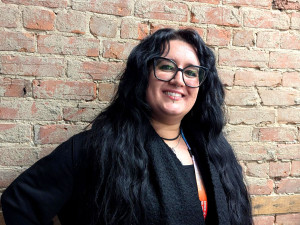 Meet Mariane Dupuis, psychosocial counsellor for the PRISM program
Meet Mariane Dupuis, psychosocial counsellor for the PRISM program -
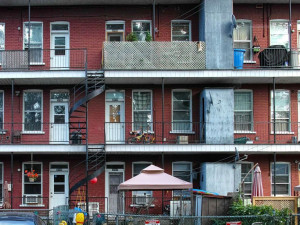 Will a 5.9% rent hike lead to more economic homelessness?
Will a 5.9% rent hike lead to more economic homelessness? -
 Homelessness in Montreal: Dismantling encampments isn’t the solution
Homelessness in Montreal: Dismantling encampments isn’t the solution -
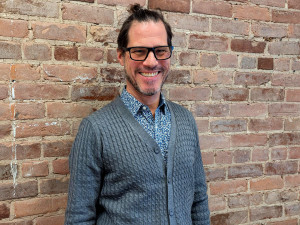 Meet Desmond Olsthoorn, Director of Emergency and Proximity Services
Meet Desmond Olsthoorn, Director of Emergency and Proximity Services - See all news